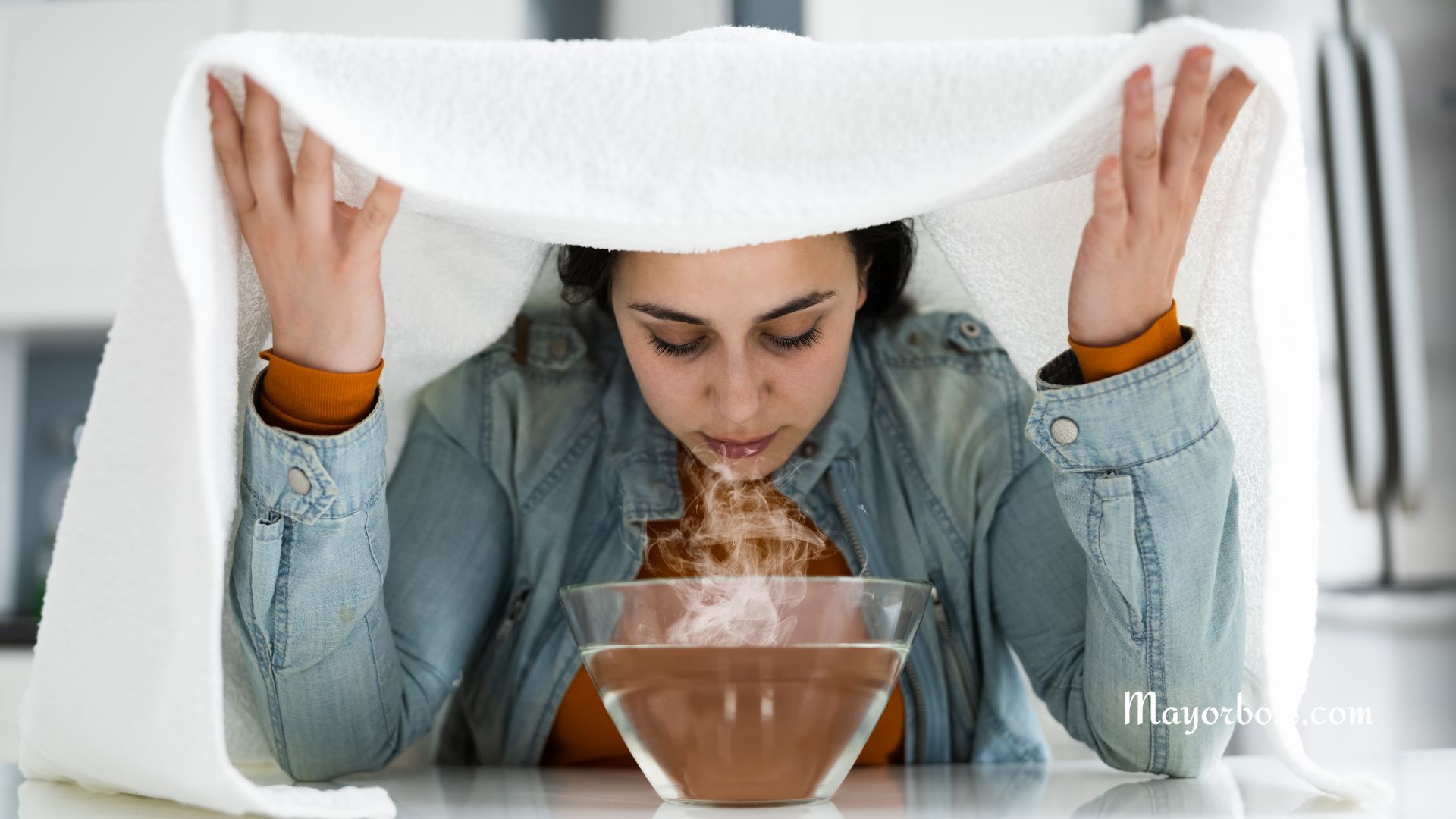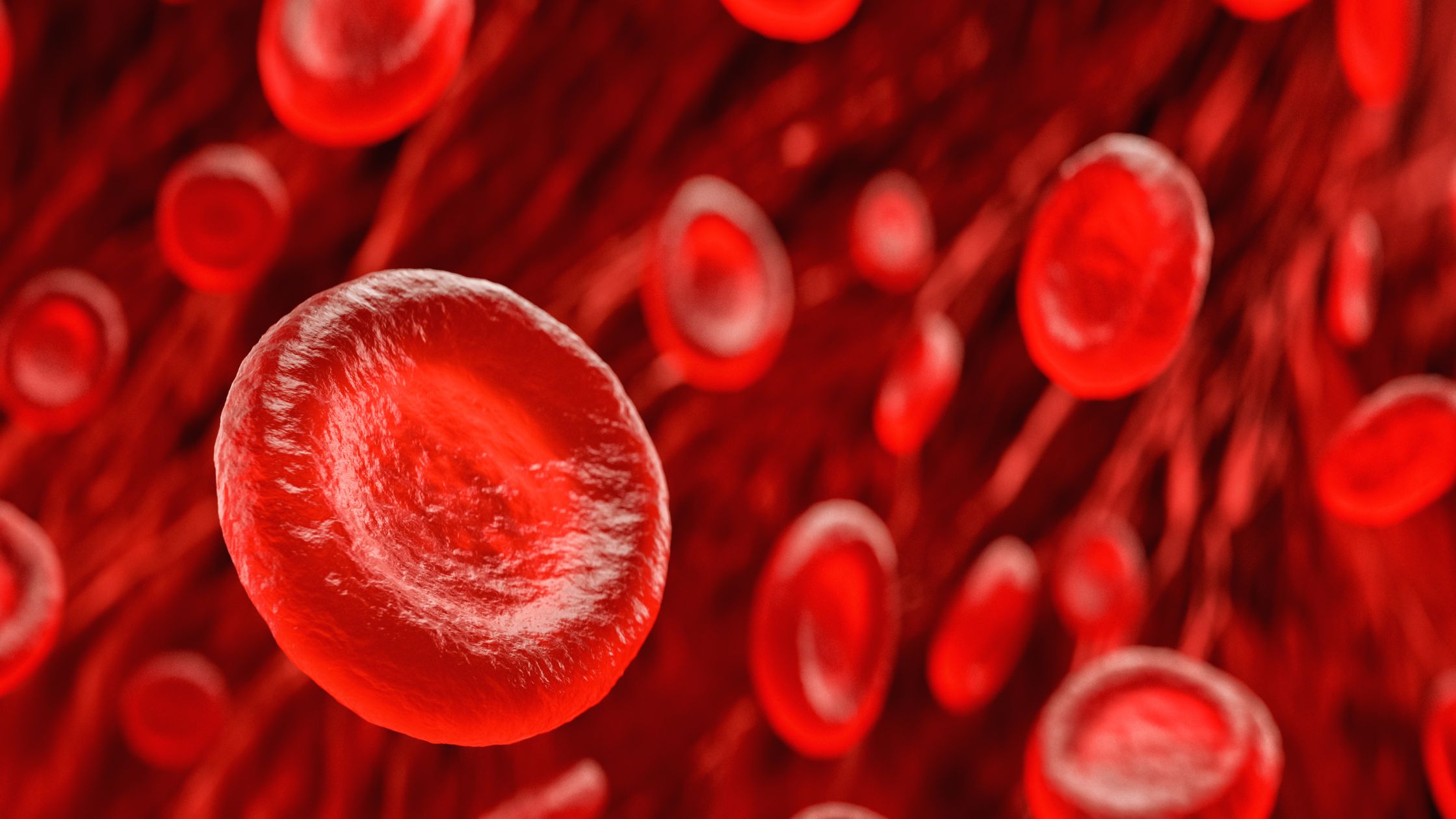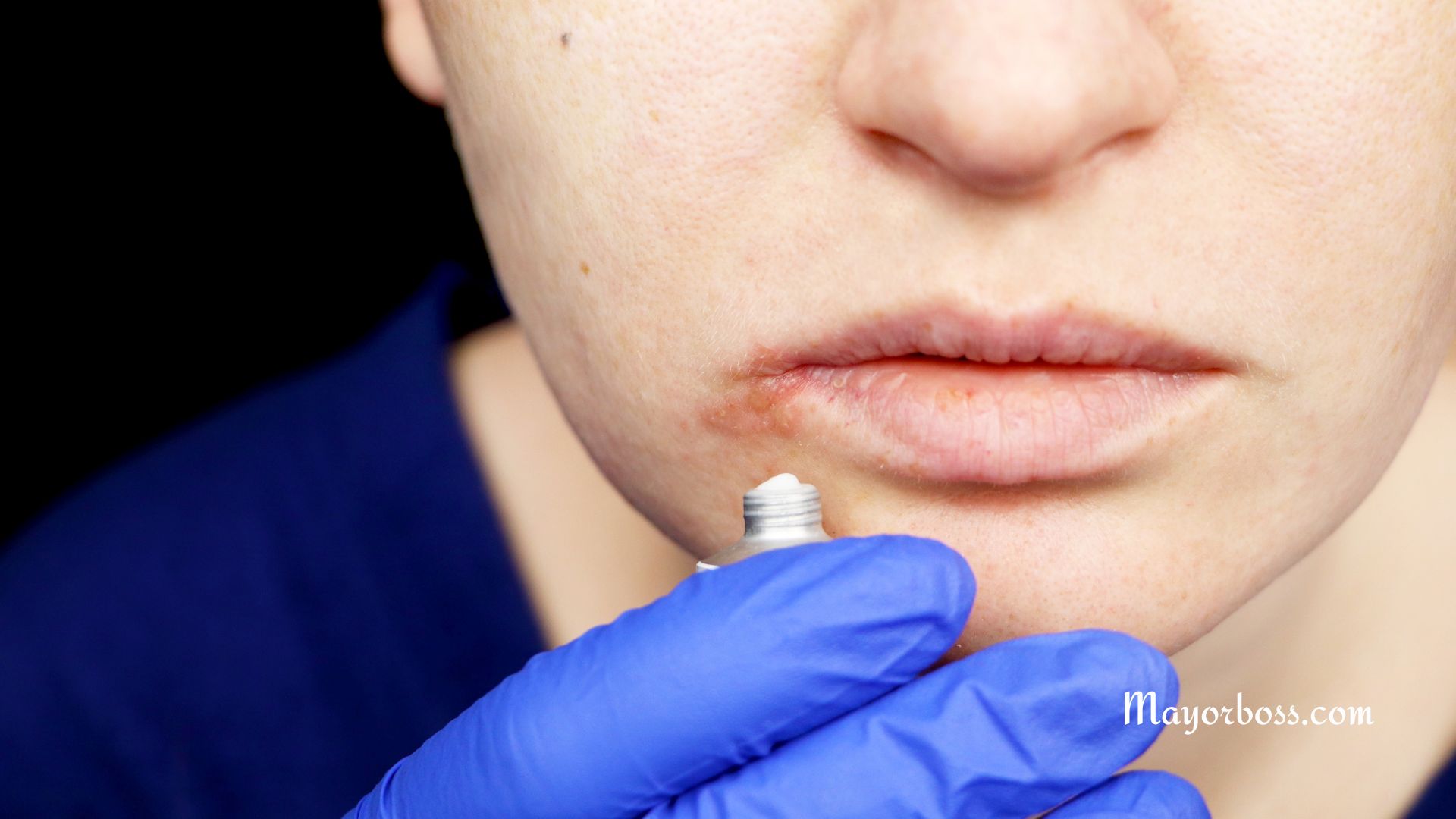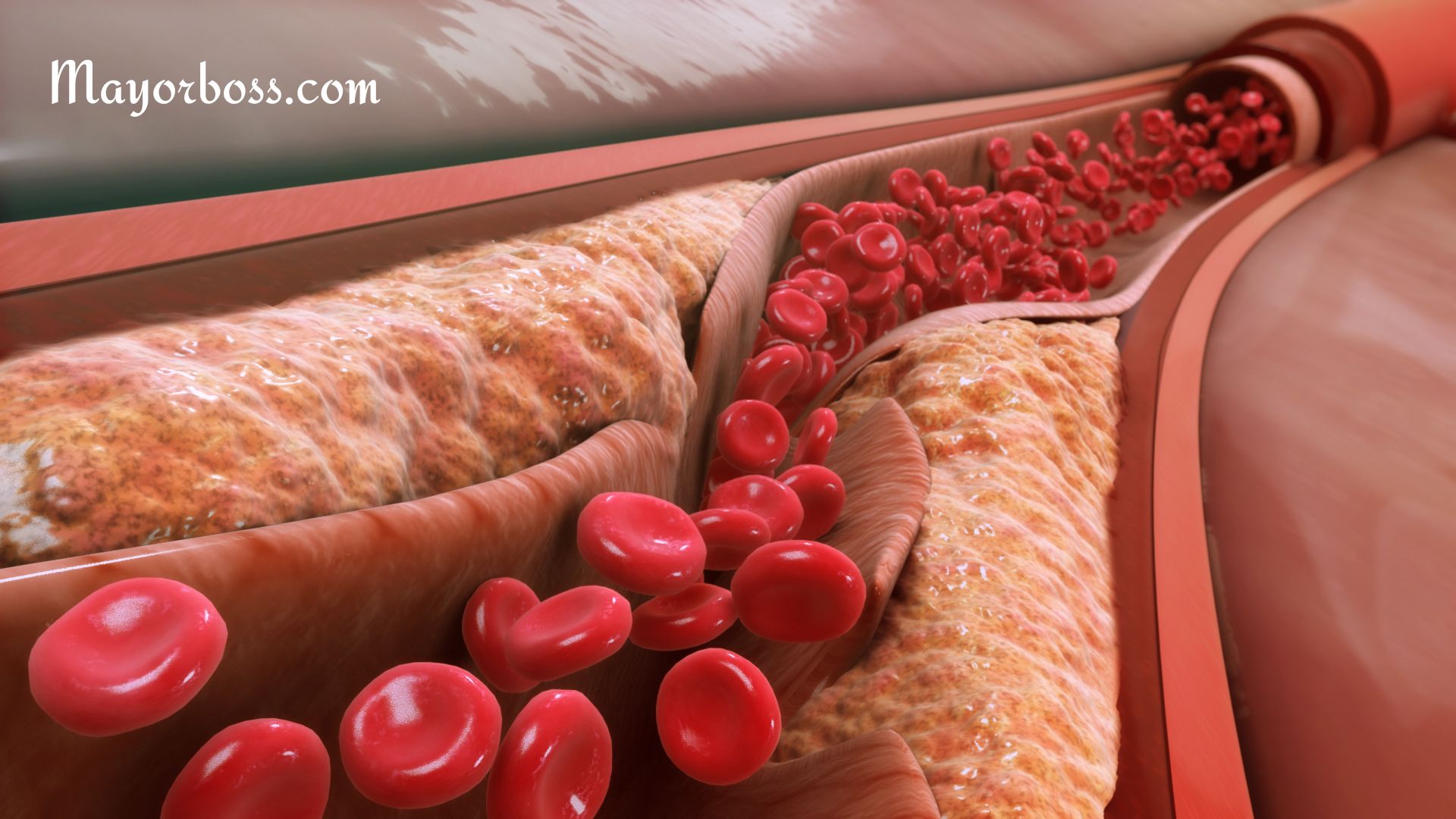How to Get Rid of a Stuffy Nose
Are you looking to get rid of a stuffy nose? A stuffy nose can make you feel miserable. It can disrupt your daily activities and make it difficult to breathe. From simple home remedies like steam inhalation to over-the-counter medications, there are various ways to tackle a congested nose. Before we jump into solutions, it helps to know what causes a stuffy nose in the first place.
Why Does My Nose Get Stuffy?
Usually, the culprits are common colds, allergies, or sinus infections. When these conditions occur, your nasal passages swell up, producing more mucus and making it harder to breathe. In some cases, irritants like pollution or smoke can also trigger a stuffy nose.
Home Remedies to Get Rid of a Stuffy Nose
1. Steam Inhalation
Inhaling steam can loosen mucus and ease congestion. Simply fill a bowl with hot water, lean over it, and cover your head with a towel to trap the steam. Inhale deeply for about 10 minutes.

2. Saline Nasal Spray
Another popular remedy is using saline nose spray. These spray help moisturize your nasal passages and clear out mucus. You can buy them at a pharmacy or make your own at home by mixing a teaspoon of salt in a cup of warm water.
3. Warm Compress
A warm compress over your nose and forehead can relieve sinus pressure. Soak a washcloth in warm water, wring it out, and then place it on your face for several minutes.
4. Stay Hydrated
Drinking plenty of water helps thin mucus and keeps your throat moist. Aim for at least eight cups of water per day. Herbal teas and broths are also good options.
5. Spicy Foods
Eating spicy foods like chili peppers can provide temporary relief. The spice contains a compound called capsaicin that helps open up nasal passages.
Over-the-Counter Solutions to Get Rid of a Stuffy Nose
6. Decongestant Sprays
Decongestant nasal sprays like oxymetazoline can offer immediate relief of nasal congestion (stuffy nose). However, they should not be used for more than three days to avoid rebound congestion.
7. Antihistamines
If allergies are causing your stuffy nose, antihistamines such as cetirizine or loratadine can help, making it easier to breathe through your nose. Keep in mind that some antihistamines can make you drowsy.
8. Oral Decongestants
Oral decongestants like pseudoephedrine can also be effective. These medications reduce swelling in your nasal passages, making it easier to breathe. Consult your healthcare provider before taking any medication, especially if you have other health conditions.
9. Nasal Strips
These adhesive strips stick to the outside of your nose and physically pull your nostrils open. As a result, you’ll find it easier to breathe.
Lifestyle Changes to Get Rid of a Stuffy Nose
10. Avoid Irritants
Smoke, pollution, and strong odors can worsen your symptoms. Therefore, it’s wise to steer clear of these irritants when possible.
11. Use a Humidifier
A humidifier can add moisture to dry indoor air, which may help alleviate your stuffy nose. Just be sure to clean the humidifier regularly to prevent mold and bacteria growth.
12. Elevate Your Head
When sleeping, prop your head up with extra pillows. This can help drain your sinuses and may relieve your symptoms.
Frequently Asked Questions
Why Does Steam Inhalation Work for a Stuffy Nose?
Steam inhalation is effective because the warm, moist air helps to loosen the mucus in your nasal passages. This makes it easier for you to breathe and can provide temporary relief from congestion. Additionally, the steam also moistens the dry and irritated lining of your nose, offering further comfort.
Are Over-the-Counter Decongestants Safe for Everyone?
Not necessarily. While over-the-counter decongestants can offer quick relief, they are not suitable for everyone. People with high blood pressure, heart issues, or other chronic conditions should consult a healthcare provider before using these medications. Moreover, overuse can result in rebound congestion, making your symptoms worse.
Can Allergies Cause a Stuffy Nose?
Yes, allergies are a common cause of a stuffy nose. Allergens like pollen, dust, and pet dander can trigger an immune response that leads to nasal congestion. Antihistamines can be effective in treating stuffy noses caused by allergies.
Why Is Staying Hydrated Important?
Staying hydrated is crucial when you have a stuffy nose because water helps to thin the mucus in your nasal passages. This allows for easier breathing and may speed up your recovery. Besides water, herbal teas and broths can also keep you hydrated and may offer additional benefits like soothing your throat.
How Do I Know When to See a Doctor?
If your stuffy nose persists for more than 10 days, it’s accompanied by high fever, or you experience severe facial pain, it may be time to consult a healthcare provider. These could be signs of a more serious condition like a sinus infection that requires medical attention.






